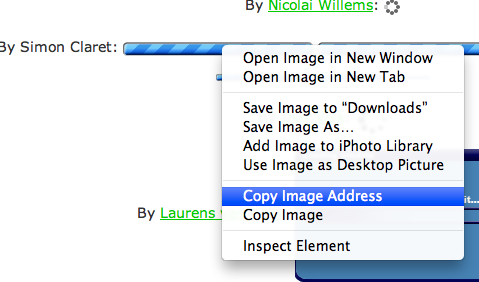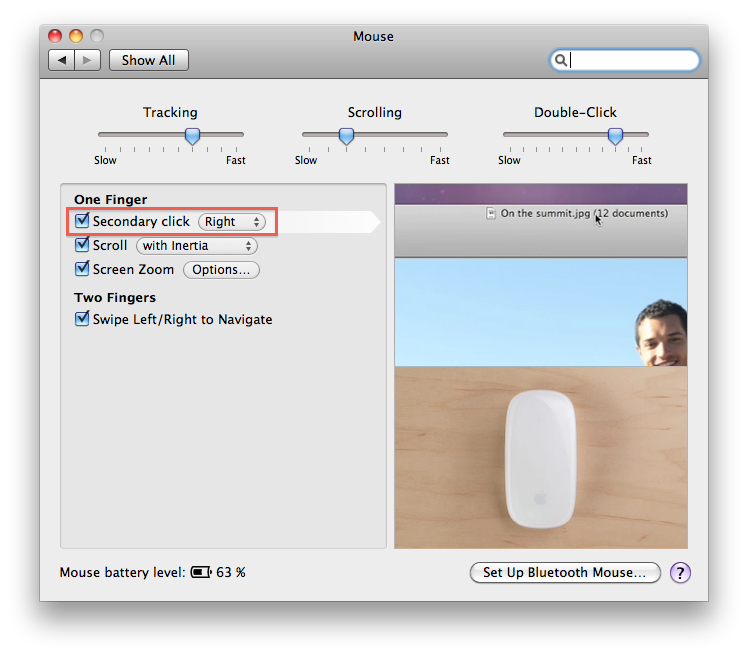Get the manufacturer customization out of the way + the carrier customization out of the way and you prolly would have a very different situation.
The openess of android makes it its biggest strength to the curious user, but a big flaw to the user who doesnt know what hes doing for stuff like that.
The developper community is amazing and theyre making ROMs that are awesome, with added features and capabilities that make the OS that much better and let other devices get said OS before the manufacturer or carrier get their own trafficked version out.
Apple is like a monotheist religion, preach and theyll listen and follow
RIM is like greek/roman/egyptian mythology, ends up killing itself
Android is like science, a lot of clutter but once you know how to 'control' the tool, its a very powerful one.
Personally, I hate fiddling with my technology, I just want it to work and do what I need. I'm a techie person, try explaining what a ROM is to the hoi polloi. You think your average user is really going to try and figure out how to get a custom ROM onto their phone, even root their phone?
Apple is, to my knowledge, the only phone company to say F you to the carriers, keeping their grubby hands off Apple's hardware/software. The user experience is much better as a result. Google is now paying the price for bending to the carriers' demands. Far too many older Android phones, even current models, do not have easy access to ICS. I would say this is the biggest issue affecting the Android experience right now, and sadly I don't see any easy solution for them.
Only thing I can think of is if they create and release their own phone, completely inhouse. Not too far fetched once the dust settles on the Motorola buyout.
Please correct me if I'm wrong, but I suspect the Android updates work something like this.
- Google releases new OS
- The phone manufacturer "customizes/skins" the OS to suit their wants and sends it to carriers retailing the phone
- The carrier then hides any features they don't want, and further customizes the phone
- Updated OS becomes available to end consumer, a long time after the OS is initially released
That's a lot of steps that many manufacturers/carriers don't bother with for non current models, even some current models. Even if Google cuts out the carriers, which is highly unlikely, they still have to get the phone co's on board. Google can't release OS's directly to the customers since there are so many different models with various specs
Apple's update process goes something like this
- Apple releases new OS
- Customer downloads new OS
Simple, eh? Any user of an iphone, three models old or newer, can get the latest OS on the first day that it's released.
























